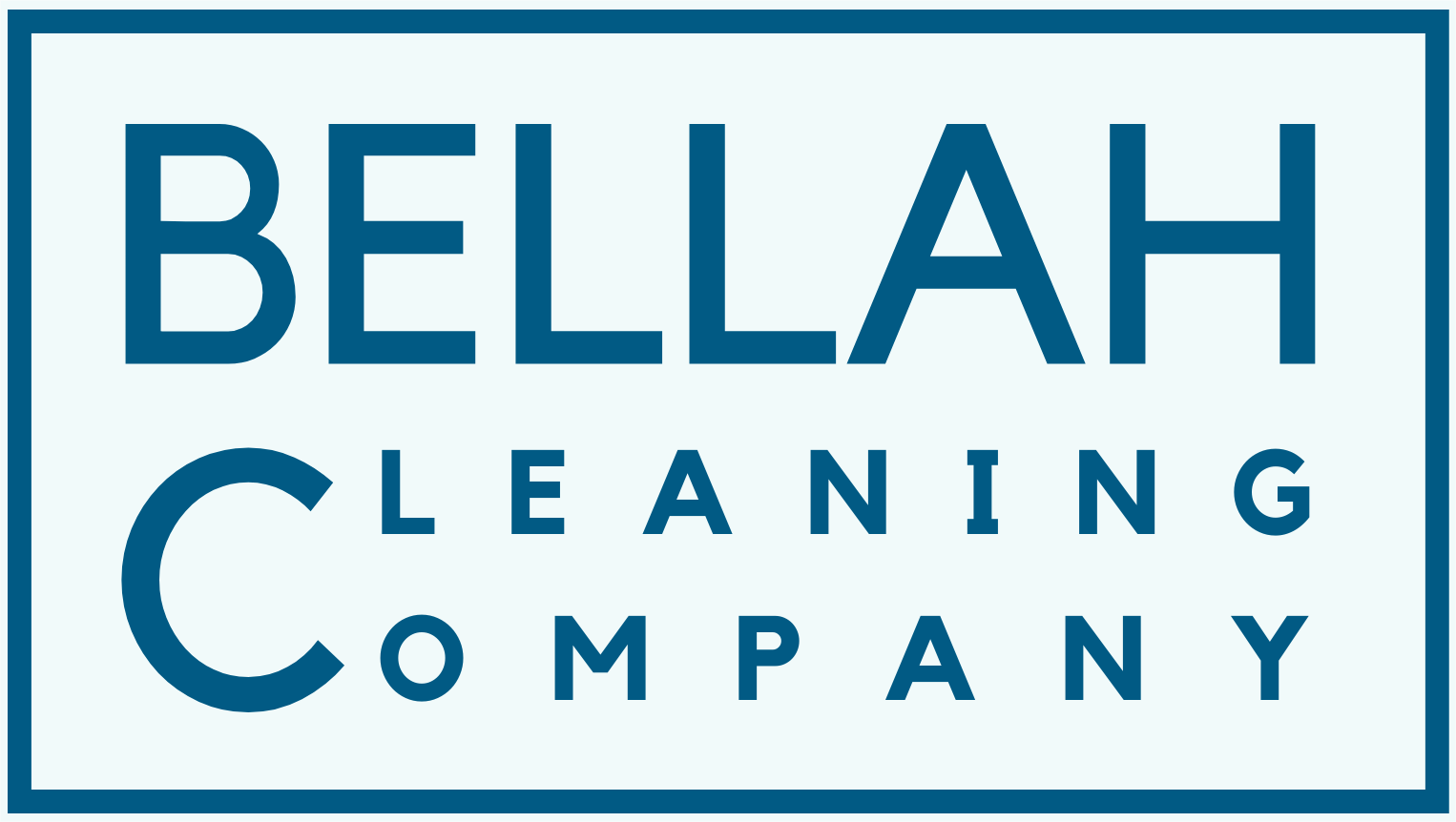Maintaining a clean office environment is crucial for the health and well-being of employees and clients alike. While many people focus on dusting surfaces, vacuuming floors, and sanitizing common areas, one often-overlooked aspect is window cleaning for air quality. Dirty windows not only detract from the aesthetic appeal of your office but can also contribute to poor indoor air quality.
In this blog, we’ll explore how window cleaning can positively impact the air quality in your space and promote a healthier environment for everyone inside.
The Impact of Dirt and Allergens on Indoor Air
- Dust and Pollutants: Over time, dust particles, pollen, and pollution accumulate on the windows. These contaminants don’t just sit on the glass—they can also affect the air inside your building when disturbed. Opening windows to allow fresh air in can cause these particles to get stirred up and circulate throughout your office.
- Allergens: Windows are a major entry point for allergens such as pollen, pet dander, and mold spores. Dirty windows can trap these allergens, which can easily make their way inside. For employees and clients with allergies or asthma, this can exacerbate symptoms and create an uncomfortable or even unsafe environment.
By investing in window cleaning for air quality, you can significantly reduce the amount of dust and allergens circulating through your office, leading to cleaner air and a healthier environment.
How Clean Windows Improve Air Circulation
Windows that are free from dirt and debris allow for better airflow and ventilation. When windows are clean, it’s easier to open them and let in fresh air, which is essential for maintaining optimal air quality. Fresh air can help:
- Dilute Indoor Pollutants: Stale indoor air can trap contaminants like volatile organic compounds (VOCs) from cleaning products, furniture, and even electronics. Opening clean windows allows outdoor air to mix with indoor air, helping to dilute harmful pollutants and improve overall air quality.
- Promote Healthy Breathing: Clean windows facilitate proper ventilation. As outdoor air enters, it helps to push out the stale air that might otherwise circulate in an enclosed space. This exchange of air can reduce the concentration of allergens and other harmful particles, helping employees breathe easier.
- Reduce Condensation and Mold Growth: In humid environments, dirty windows can accumulate moisture, leading to condensation and mold growth. Mold is a known allergen that can cause a range of health problems. Regular window cleaning can help prevent moisture buildup on windowsills and frames, reducing the risk of mold growth and improving air quality.
Health Benefits of Clean Windows for Employees and Clients
A clean, well-ventilated office is not just more pleasant to work in—it also has significant health benefits. Poor indoor air quality has been linked to various health issues, including headaches, fatigue, eye irritation, and respiratory problems. Employees who spend long hours in an environment with poor air quality are more likely to experience these symptoms.
By prioritizing window cleaning for air quality, you can help mitigate the effects of allergens and pollutants that negatively affect employee health and productivity. A clean and healthy environment not only boosts employee well-being but also leaves a positive impression on clients who visit your business.

Improve Air Quality with Bellah Cleaning Company’s Window Cleaning Service
Improve your office’s air quality with window cleaning services from Bellah Cleaning Company. Our expert team provides thorough and effective window cleaning for air quality that helps create a healthier, more productive environment.
Contact us today to schedule your residential or commercial window cleaning service and ensure your workspace is clean, fresh, and allergen-free.
